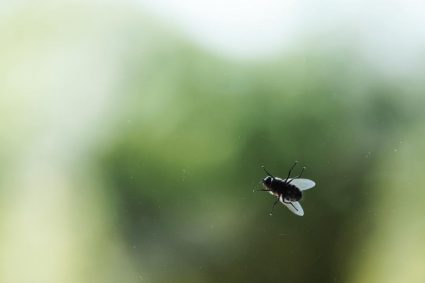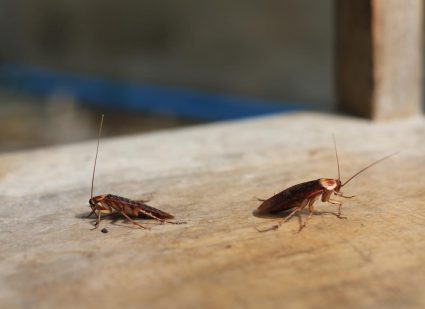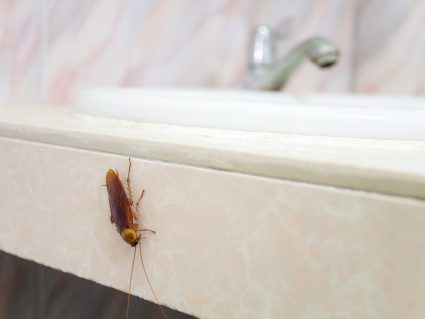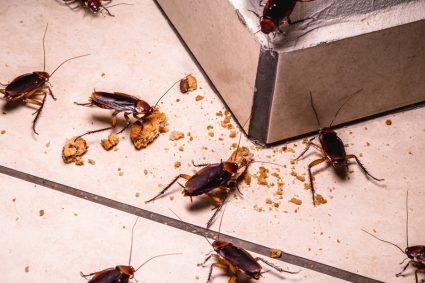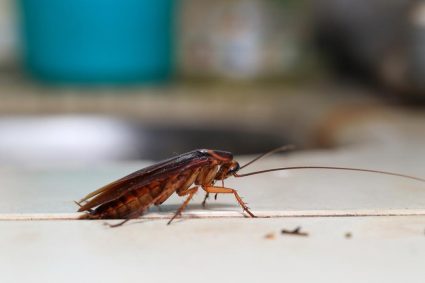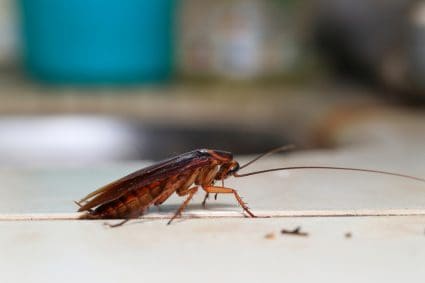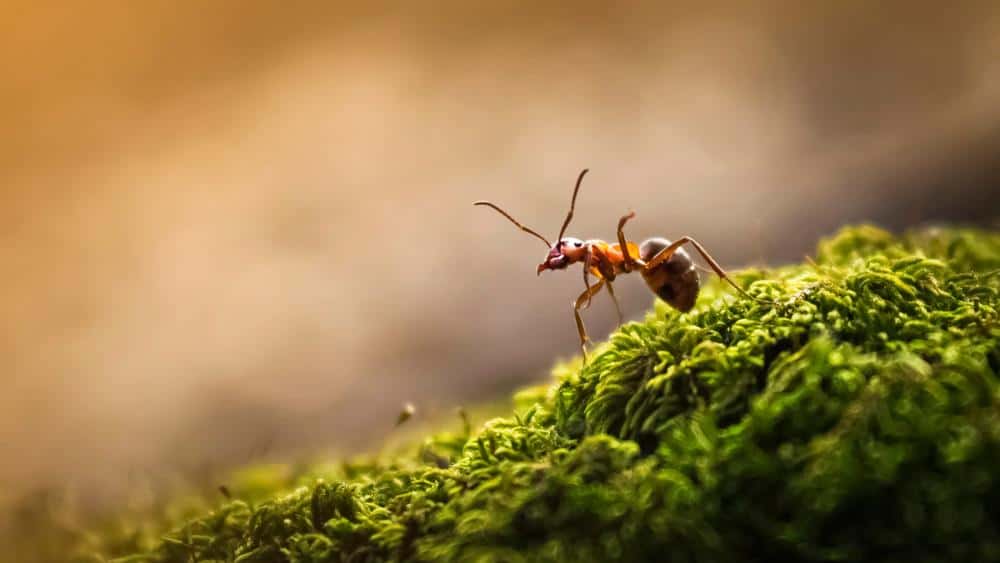
Ants are common invaders of homes, and once they find a way in, they can be incredibly difficult to get rid of. They are not only a nuisance but can also contaminate food and cause structural damage to your home. This comprehensive guide will help you understand how to effectively get rid of ants in your house and prevent future infestations.
To get rid of ants in your house, first identify the type of ant infesting your home. Use non-toxic methods such as vinegar solution, diatomaceous earth, or a borax and sugar mixture to eliminate them. Also, seal off entry points, store food properly, and keep your home clean to prevent future infestations. For severe infestations, consider professional extermination options.
Identify the Type of Ant
The first step in dealing with an ant infestation is to identify the type of ant. The most common types of ants found in households include Odorous House Ants, Carpenter Ants, Pavement Ants, Argentine Ants, Fire Ants, Pharaoh Ants, Thief Ants, Ghost Ants, Rover Ants, and Crazy Ants. Each type of ant requires a different approach to control, so it’s important to correctly identify the species infesting your home.
Causes of Ant Infestations
Ants invade homes for a variety of reasons, with the most common being the search for food and water. They are also attracted to safe, warm shelter, especially during extreme weather conditions. Cracked foundations, damp spots, cluttered spaces, and neighboring ant problems can also contribute to an infestation.
Signs of an Ant Infestation
Early signs of an ant infestation can include seeing a few ants, ant trails, sawdust trails (for carpenter ants), hollow sounds in wooden beams, small piles of dirt around nest sites, and discarded wings.
Non-Toxic Ways to Get Rid of Ants
There are several effective and non-toxic ways to get rid of ants. These include using a vinegar solution, diatomaceous earth, a borax and sugar mixture, peppermint oil, lemon juice, cinnamon, cornmeal, coffee grounds, chalk or talcum powder, and cream of tartar.
Common Mistakes and Misconceptions
Many people make the mistake of thinking that vinegar, cinnamon, garlic, and pepper will keep ants away, but these items only temporarily mask the pheromone trail that ants use to communicate and navigate, and they will not kill or completely repel the insects. Another common misconception is that destroying the anthill will eliminate the infestation, but ants can have multiple nesting sites.
Professional Extermination Options
For severe ant infestations, professional extermination options are available, including custom treatment ant control, ant extermination services, carpenter ant control, and ongoing ant control plans.
Preventing Future Infestations
To prevent future ant infestations, it’s essential to keep your home clean, seal off entry points, store food properly, eliminate sources of moisture, use natural repellents, trim plants and trees near your home, and regularly inspect your home for signs of ant activity.
By following this comprehensive guide, you’ll be well on your way to maintaining an ant-free home. Remember, if the problem persists or worsens, don’t hesitate to consult a professional exterminator.
Frequently Asked Questions
How does vinegar solution work in getting rid of ants?
Vinegar works by disrupting the pheromone trails that ants use to communicate. It confuses the ants and disrupts their behavior. However, it does not kill the ants and is only a temporary solution.
How do I prepare a borax and sugar mixture to eliminate ants?
To prepare a borax and sugar mixture, you need to mix 1 part borax with 3 parts sugar. Place the mixture in areas where you have seen ant activity. The sugar attracts the ants and the borax kills them.
What type of damage can carpenter ants cause?
Carpenter ants can cause structural damage to your home. They tunnel through wood to build their nests, which can weaken the structural integrity of your home if left unchecked.
How do I seal off entry points to prevent ants from entering my home?
You can seal off entry points by caulking cracks and crevices in walls, windows, and doors. You can also use weather stripping around doors and windows to prevent ants from entering.
What are natural repellents that I can use to prevent ant infestations?
Natural repellents include essential oils like peppermint oil, citrus peel, cinnamon, and vinegar. These substances disrupt the ants’ pheromone trails, making it difficult for them to navigate and communicate.

